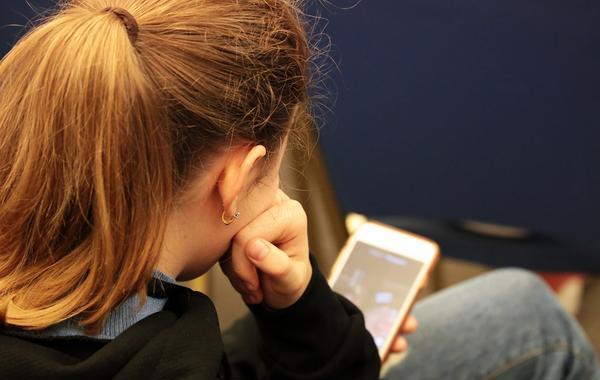Social media is a fact of life, and it can be a great thing. It lets us stay in touch with friends and family, gives us leads on jobs, and helps us coordinate big events. But there’s a dark side to everybody being in touch with everyone else, and it needs to be kept in check.
A Riot Of Social Media
Social media is an app hothouse. No sooner do parents hear about a new social media app before it runs its course with young people and becomes “uncool.” Worse, there’s a limit to what these apps can do to prevent abusive behavior or dangerous individuals from signing on. Many simply don’t have the money or staff to police their users, especially if their user base grows rapidly.
Add to this that criminals often know their targets, and you have a serious social media problem. Few kids are likely to trust a total stranger asking them to meet them at the mall without their parents, but what about somebody they interact with every day?
There are steps you can, and should, take to increase social media safety, such as regularly talking with your kids about what they’re using and why, and teaching them to spot manipulators. But rather than attempt to track individual apps, or looking through their phone, it makes more sense to track them at the platform on which the apps are used.

A tracker can also be used to make sure kids are where they’re supposed to be throughout the day. That said, a tracker can only track the device as long as its enabled, and the location of a device is not necessarily the location of its owner.
Action, though, is better than reaction. Parental control apps can be used to shut down messaging apps and social media sites, keep them from being downloaded or accessed, or limit how much time is spent on them. Some apps also are “unzipped,” meaning that functions such as messaging are on separate apps, so you can let teens onto Facebook while shutting off Messenger.
However, both trackers and apps are only a back-up to honest, open communication and education. Parents and kids need to have a discussion about the rules, why they’re in place, and what kids need to look out for when they’re on the internet. Make sure that kids know:
- How manipulators operate and how to spot them
- How to “trust but verify” with relatives and family friends
- When to come to you when they feel there’s a problem or point of concern
- How to handle abusive or rude people
- What to do when somebody asks them to meet them in a public place away from their parents
Part of growing up is learning how to engage with the world. Smartphone trackers and parental control apps can serve as “training wheels” for developing good judgment. To learn more about Screen Time and smartphone tracking, try it for free!


Join the conversation